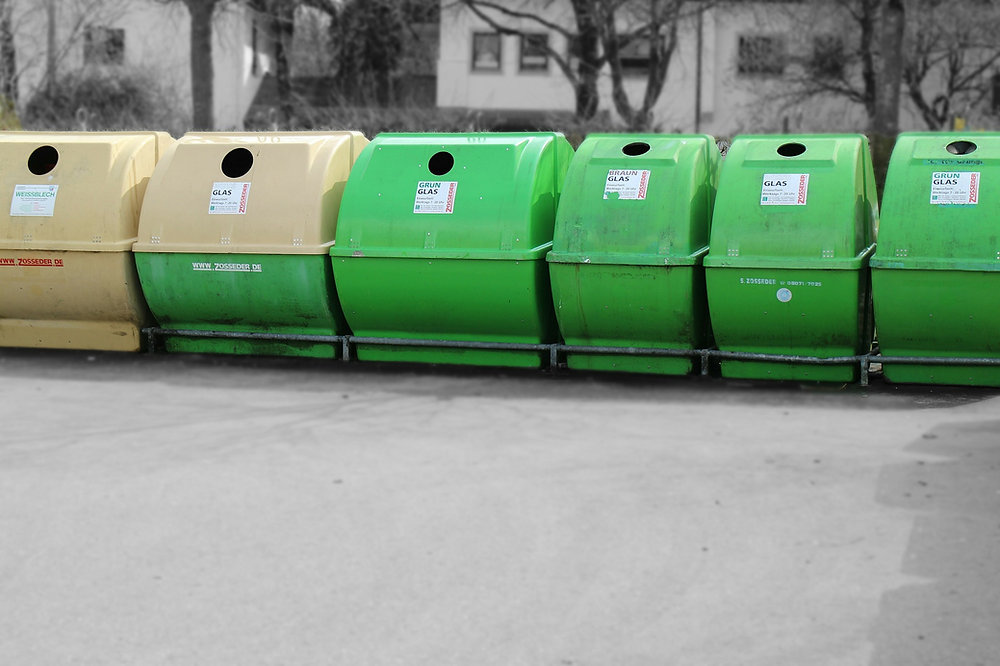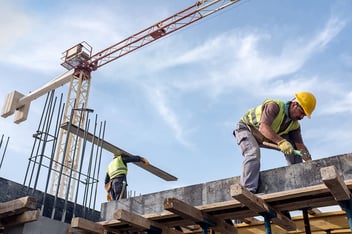In addition to being an environmentally-friendly solution that saves resources, recycling is also an important part of building codes and regulations. And when contractors don’t follow these guidelines or take the right actions to ensure their projects are compliant with provincial/state laws—and even federal laws—they could be held responsible for any negative impacts caused by their decisions.
So if you want to build something that will stand the test of time—and make money while doing it in an environmentally conscious way—then recycling construction materials is a must!
Where is the waste coming from?
Recycling is a key component in reducing waste on construction sites. It helps to reduce the amount of hazardous materials that are disposed of, and it also reduces the amount of brand new materials that need to be purchased. When you recycle, you can reuse old supplies for future projects instead of purchasing new ones all together.
However, according to various reports, up to 30 percent of all building materials on a typical construction site can end up as waste! But in a process where construction is designed to bring new material into a job site and generate an end product, where is all this waste being generated?
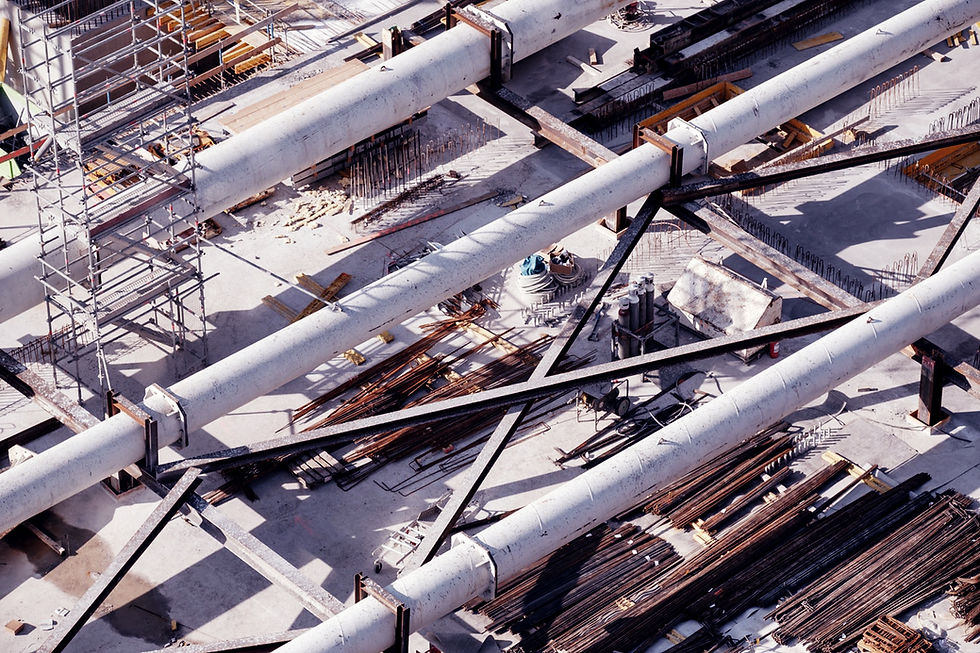
Below I’ve listed some common causes of construction waste and some tips on why you should pay more attention to your current waste mitigation strategies.
Common areas where waste is developed in construction:
-
Demolitions - Waste generated from the demolition of buildings and structures accounts for almost 95% of construction waste. This is likely due to the destructive nature of the process, where almost no emphasis is placed on recovering materials due to the extra time and care required to properly recycle it.
-
During Material Procurement - One of the most controllable causes of construction waste is the actual procurement process for the materials. This is where those crucial profit percentages can either be won or lost, as poor methods of inventory management can lead to over-purchasing materials, leading to extra waste.
-
During Construction - During this phase, damaged and scrapped materials often find themselves in the waste bins. This especially holds true with fragile materials such as glass and ceramic. These kinds of waste can be eliminated during the material selection process. Preference can be given to material that is both good for the environment and the wallet, making sure to consider things like installation waste as a factor.
Common recyclable material found on construction sites
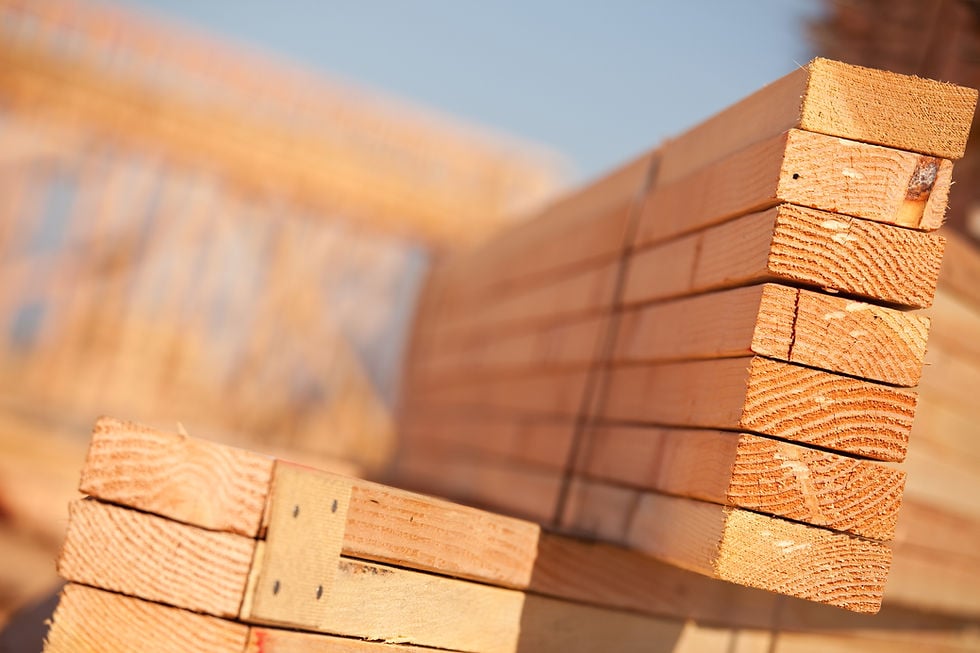
-
Metal
-
Plastic
-
Wood
-
Construction Waste (Bottles, Containers, Drywall etc)
-
Paper
-
Glass
The above list is not exclusive by any means. Every year companies are coming out with new and innovative ways to not only recycle different building materials, but also re-use them in other applications. A great example of this is how drywall is being recycled and used to making fertilizer. Therefore, it's essential to continuously look to improve your recycling efforts, as you never know when new ideas will create opportunities for your company to save money and the environment!
Environmental benefits of eliminating waste
Recycling is a great way to reduce the amount of materials that are sent to landfills and it also reduces the amount of waste that is generated on site. Not only that, but it also saves time and money spent on disposal, which can quickly add up over the course of a project.
By implementing a waste management strategy, you’re not only helping the environment but also helping your company save money. By creating an effective system for recycling and reuse, you can ensure that there are no materials wasted and keep costs down.
Recycling construction materials can save your company money!
Construction companies are in the business of making buildings and structures, but they also produce waste. That waste often includes valuable resources that can be recycled and reused to build other structures or products. It's up to you and your company to identify these resources and come up with creative ways to recycle them.
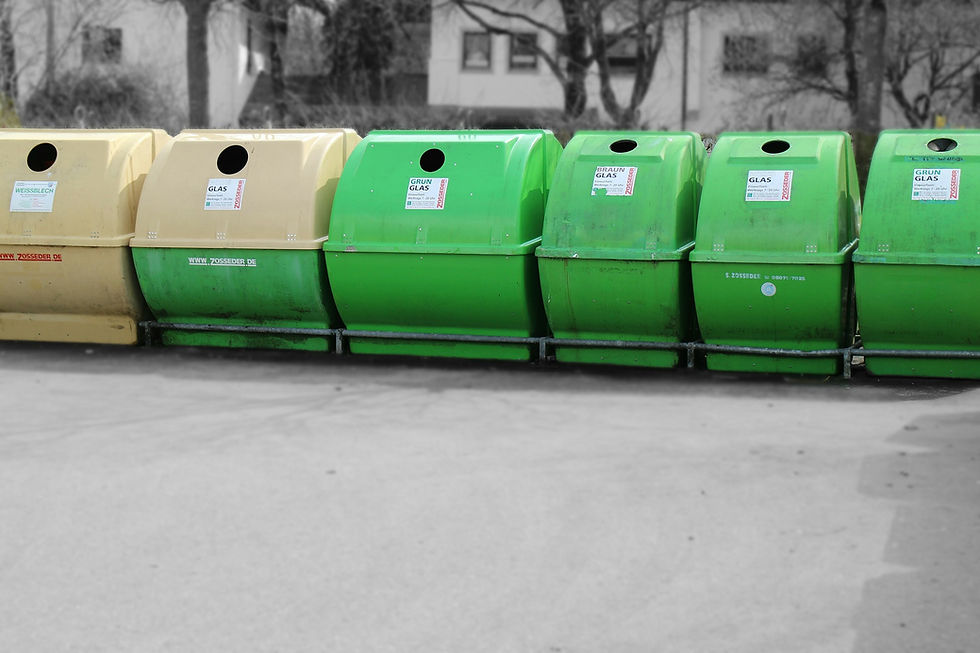
Companies benefit from recycling in two ways: direct costs saved from not having to purchase new materials and indirect savings from reduced disposal fees and labor costs associated with managing solid waste.
For example, for electrical contractors alone the potential savings could be significant—up to 30 percent of all building materials on a typical construction site end up as waste! If this material is managed properly instead of being thrown away, it can be sold for scrap or transformed into usable building supplies such as insulation panels, steel beams, or temporary power equipment.
Build good will by showing a commitment to protecting the environment
Building goodwill is important not only because it helps you attract new contracts, but also because it shows that your company cares about the environment and wants to protect it.
In addition to showing how environmentally friendly you are, having a positive relationship with your clients and contractors leads them to want to work with you again. Even if they aren't currently working on an environmental project, when they see how much green initiatives mean to their clients, they'll be sure that yours is worth recommending in case anyone asks them to name teams who have experience with environmental issues in construction.
Companies with good recycling practices are more likely to win contracts
Another benefit of creating a green reputation is that you can also win contracts based on your good recycling practices. Companies that go above and beyond to ensure their waste is recycled are more likely to win construction contracts than their competitors who don't care about the environment or the bottom line. Your company will also be seen as a good citizen in the community, which is good for a business’s reputation and brand.

The best part about recycling? It's not just something you should do because it's the right thing to do—it will actually help improve your bottom line!
Conclusion
Construction sites are notorious for being a mess, but you don’t have to be part of the problem. By recycling your construction waste, you can make a real difference in how much impact your site has on the environment.
Not only that—but there’s also an economic benefit as well: recycling materials costs less than buying new ones. So if you want to keep things clean and save money in the process, it's time to start recycling today and come up with your own waste management system.



